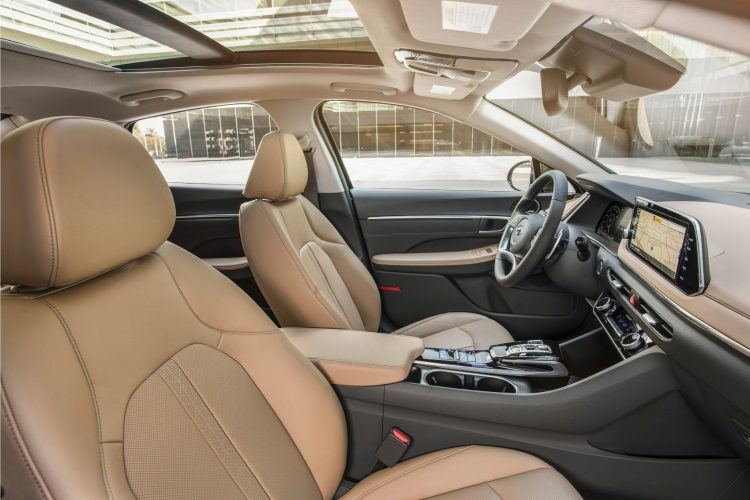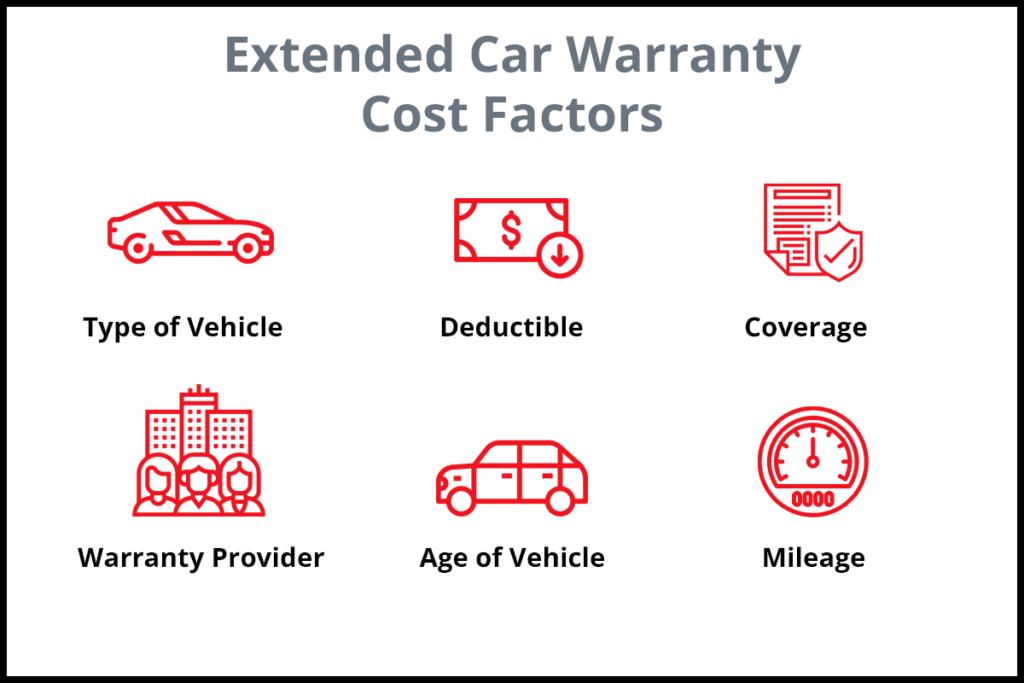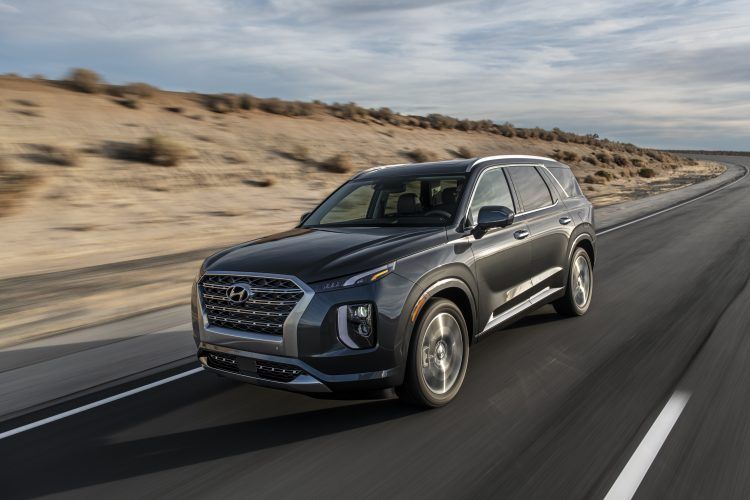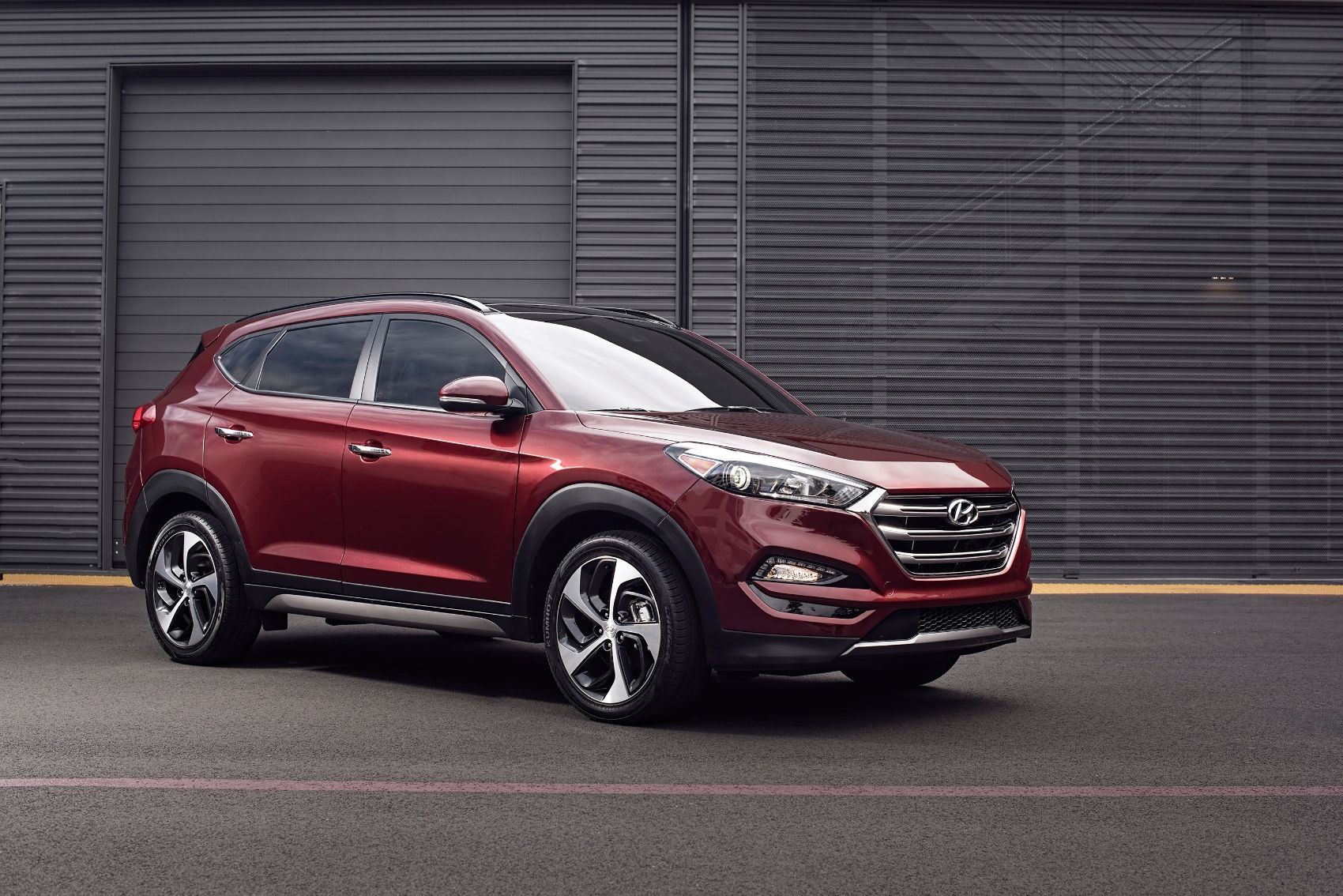Affiliate Disclosure: Automoblog and its partners may earn a commission if you purchase coverage from the extended warranty providers outlined here. These commissions come to us at no additional cost to you. Our research team has carefully vetted dozens of extended warranty providers. See our Privacy Policy to learn more.
- Hyundai’s factory warranty is one of the best on the market.
- The company also has generous warranties for its hybrid warranties.
- Hyundai owners could still benefit from an extended warranty.
You’ve purchased a new Hyundai vehicle, and the dealer says you’re getting “America’s Best Warranty.” You hope you never need to use it. After all, you just bought the car.
However, we all know cars aren’t perfect machines. Sometimes things break when they shouldn’t. Luckily, the Hyundai warranty, called Assurance by Hyundai, does offer a good amount of protection for your new vehicle. In fact, Hyundai provides a 5-year, 60,000-mile bumper-to-bumper warranty and an impressive 10-year, 100,000-mile powertrain warranty.
In our breakdown of Hyundai’s warranty, you’ll learn the gritty details of what the warranty covers, its exclusions, and how you can continue to protect your car after the warranty expires with one of the best extended car warranties.
What Is a Bumper-to-Bumper Warranty?
Your new Hyundai probably came with a book full of details on your warranty. When you look inside, there’s more than one listed. That’s because most auto manufacturers include several kinds of warranties on vehicles.
These warranties provide coverage for different parts of the car in terms measured in years and mileage. The bumper-to-bumper warranty usually provides comprehensive protection for almost all parts of the vehicle. This is, of course, limited by some restrictions.
Even a comprehensive bumper-to-bumper warranty is unlikely to cover regular wear and tear. So, when your brakes go bad or it’s time for an oil change, the warranty probably won’t cover those costs. It will probably cover most factory defects, like defective paint that chips off within a couple of months.
What’s Included In The Hyundai Warranty?
Let’s take a look at what’s included in the Hyundai factory warranty.
| Hyundai Warranty | Terms |
|---|---|
| Bumper-to-Bumper | 5 years, 60,000 miles |
| Powertrain Warranty | 10 years, 100,000 miles |
Hyundai’s 5-year, 60,000-mile New Vehicle Limited Warranty includes repair or replacement of original Hyundai-installed components. It only covers Hyundai parts found to have material or factory workmanship defects.
While many factory warranties don’t cover parts that need to be regularly replaced, new Hyundai owners get one year or 12,000 miles of coverage for wear items like brake pads and linings, wiper blades, fuses, and more.
The bumper-to-bumper warranty also only covers your vehicle if it’s properly maintained and used normally. That means you’ll need to keep up with regular maintenance like oil changes (but you should do that, anyway). Hyundai does not offer a lifetime bumper-to-bumper warranty.
While most systems and components are included in the New Vehicle Limited Warranty, Hyundai lists restrictions for specific components like:
- Battery: 3 years, 36,000 miles
- Service adjustments: 1 year, 12,000 miles
- Air conditioner refrigerant charge: 1 year, unlimited miles
- Paint: 3 years, 36,000 miles
What About The Hyundai Powertrain Warranty?
Hyundai’s Limited Powertrain Warranty is one of the most generous in the industry, sitting at 10 years, 100,000 miles. It covers the engine, transmission/transaxle, front and rear axle shafts, transfer case, turbocharger, gaskets and seals, and other related parts.
One important note is if you sell your Hyundai while it’s still under warranty, the powertrain is covered under the bumper-to-bumper warranty for the second owner. That means subsequent owners won’t get the full extent of the Limited Powertrain coverage, unlike the original owner.
Additional Hyundai Warranties
- Anti-Perforation Warranty: This covers rust and other corrosion damage to body sheet metal for seven years and unlimited miles.
- Federal Emission Control Systems Warranties: Hyundai includes several federal emissions warranties that cover emissions parts, such exhaust manifolds or catalytic converters, that are defective in material or workmanship. The terms vary, but most parts are covered for five years, 60,000 miles or eight years, 80,000 miles.
- California Emission Control Systems Warranties: For cars in states that adhere to California’s emissions laws, specific emissions systems and components are covered for as long as eight years, 80,000 miles. However, many parts have shorter terms.
- Replacement Parts and Accessories Limited Warranty: Genuine Hyundai replacement parts and accessories sold or installed at an authorized Hyundai dealership are covered up to one year or 12,000 miles. Accessories are covered for one year for unlimited miles.
- Hybrid Warranties: Hyundai includes a hybrid battery warranty with unlimited coverage on its hybrid vehicles for the original owner and 10 years or 100,000 miles of coverage for subsequent owners. These vehicles also come with 10 year, 100,000 mile warranties for the hybrid starter/generator, hybrid power control unit, and automatic transmission, including the traction motor.
What Isn’t Included In The Hyundai Warranty?
Although Hyundai’s warranty offers a lot of coverage, it’s not completely comprehensive. Like most factory warranties, it doesn’t include normal maintenance, and it won’t cover regular wear and tear from normal use. These act as a kind of auto repair insurance for unexpected breakdowns.
One of the most important parts of your car, your tires, isn’t covered under Hyundai’s warranty. Instead, those are covered under the tire manufacturer’s warranty.
If you plan to make modifications to your vehicle, you will probably lose warranty coverage for any parts modified. In fact, those modifications may actually void your warranty completely.
Water contamination or damage from environmental conditions like salt or hail aren’t covered, either. Additionally, cosmetic damage to seat belts isn’t covered. If they function properly but are stained or discolored, the warranty won’t replace them.

How Does Hyundai’s Warranty Compare To Other Manufacturers?
Hyundai claims they offer “America’s Best Warranty,” but how does the coverage compare to other manufacturers’ warranties? We put together a chart detailing the Hyundai bumper-to-bumper warranty and warranties of other top car brands.
| Brand | Bumper-to-Bumper Warranty | Powertrain Warranty |
|---|---|---|
| Hyundai | 5 years, 60,000 miles | 10 years, 100,000 miles |
| BMW | 4 years, 50,000 miles | 4 years, 50,000 miles |
| Lexus | 4 years, 50,000 miles | 6 years, 70,000 miles |
| Toyota | 3 years, 36,000 miles | 5 years, 60,000 miles |
| Nissan | 3 years, 36,00 miles | 5 years, 60,000 miles |
| Ford | 3 years, 36,000 miles | 5 years, 60,000 miles |
| Subaru | 3 years, 36,000 miles | 5 years, 60,000 miles |
Overall, Hyundai’s warranty is a better offering than many other manufacturers’ warranties. It ranks above luxury brands such as Lexus and offers considerably more coverage than Ford or Toyota.
What Can You Do After the Hyundai Factory Warranty Expires?
If you want to extend your coverage after your Hyundai warranty expires or you want additional protection not included in the standard warranty, you have a few options. One option is to purchase an additional vehicle protection plan. Commonly referred to as extended warranties, protection plans are service contracts that can cover everything from basic maintenance to additional mechanical protection.
Differences Between Factory & Extended Warranties
The most important difference between a factory warranty and a vehicle service contract is the factory warranty is included in the price of your new vehicle. An extended warranty is a separate purchase. Also, new car warranties are intended to cover factory defects and faulty workmanship. Vehicle service contracts usually cover mechanical breakdowns from normal use.
How Much Does an Extended Car Warranty Cost?

The cost of a vehicle protection plan for your car depends on several key factors, including the following:
- Vehicle details: The cost of coverage can vary depending on your Hyundai model and trim. Coverage for higher-end models like the Santa Fe, Sonata, and Tucson is likely to be more expensive than for cheaper models like the Elantra.
- Mileage: The number of miles on your odometer also factors into the cost of an extended warranty. Higher-mileage vehicles tend to cost more to cover and may require a special coverage plan depending on the provider.
- Warranty coverage: How much your extended car warranty costs depends largely on how much it covers. An exclusionary warranty, for example, typically costs more than a less comprehensive plan such as a powertrain limited warranty.
- Vehicle age: The model year of your Hyundai is also a factor in the cost of coverage. Older vehicles tend to cost more to cover than newer vehicles.
- Warranty provider: Companies charge different rates for coverage, even if plans cover the same parts.
- Deductible: In many cases, you can choose the amount of your deductible for your plan. Similar to car insurance, the lower you set your deductible, the more you’ll pay for warranty coverage.
Should I Extend My Hyundai Warranty Coverage?
There are many pros and cons of extended car warranties, but here are two main ones:
- It protects components not under the factory warranty. Some extended warranties offer coverage for parts not covered under new car warranties. This can provide additional protection while your factory warranty is still in place.
- It provides protection after factory warranty expires. Once your manufacturer’s warranty expires, you might be worried about affording the cost of breakdowns. Extended warranties provide peace of mind when your standard Hyundai warranty runs out.
- It often offers additional benefits. Many extended car warranties include valuable benefits such as towing, trip interruption coverage, tire replacement, and more.
It might be helpful to ask yourself these questions to determine if an extended warranty is right for you:
Do I have money for expensive car repairs?
If paying for unexpected car repairs has been a financial burden in the past, an extended warranty might be a great option. Instead of having to pay the full cost of the repair up front, you will pay a small monthly fee for your extended warranty. Some plans have deductibles, but they should be much more manageable than the full repair cost, close to $100.
How long do I plan on keeping my car?
Do you drive your cars until it’s impossible to fix them? Or, do you plan to sell your car within the next couple of years? If you’re the type who keeps cars for as long as possible, you can probably benefit from an extended warranty. If you’re planning to sell the car soon, an extended warranty can also be helpful, as many can be transferred to a new owner.
How reliable is my car?
Hyundai has solid reliability ratings, and cars known for reliability may be less likely to need repair. However, a dependable car may still benefit from an extended warranty that offers other perks, like roadside assistance. You might also consider a lower-tier extended warranty that only covers major repairs but costs less for you.


Frequently Asked Questions
How do I check my Hyundai warranty?
The easiest way to check if your Hyundai has a warranty is to look online or contact a Hyundai dealership. You will first need to locate your vehicle’s VIN number. Then, visit their website or call your dealership if you bought the car new and ask for your warranty information. They should be able to look up the vehicle and let you know if any coverage is available.
Is my Hyundai bumper-to-bumper warranty transferable?
Your Hyundai bumper-to-bumper warranty generally stays with your vehicle as long as it’s still active. If you buy a new car from the Hyundai dealer and sell it with 61,000 miles, for example, the warranty would be expired. On the other hand, if you sold the car at four years and 50,000 miles, the warranty would be transferable. The new owner should be covered for one year or 10,000 miles, whichever comes first.
What are the differences in Hyundai bumper-to-bumper warranties for new or used vehicles?
The 5-year, 60,000-mile Hyundai bumper-to-bumper warranty is offered for new vehicles only. See the chart below for different warranties for new, pre-owned, and certified pre-owned Hyundai vehicles.
Our Methodology
Our expert review team takes satisfaction in providing accurate and unbiased information. We identified the following rating categories based on consumer survey data and conducted extensive research to formulate rankings of the best extended auto warranty providers.
- Affordability: A variety of factors influence cost, so it can be difficult to compare quotes between providers. Our team performs ongoing secret shopper analyses for different vehicles, mileages, warranty plans, and locations to give this rating.
- Coverage: Because each consumer has unique needs, it’s essential that a car warranty company offers an array of coverage options. We take into account the number of plans offered by each provider, term limits, exclusions, and additional benefits.
- Industry Standing: Our team considers Better Business Bureau (BBB) ratings, availability, and years in business when giving this score.
- Customer Service: Reputable extended car warranty companies operate with a certain degree of care for consumers. We take into account customer reviews, BBB complaints, and the responsiveness of the customer service team.



